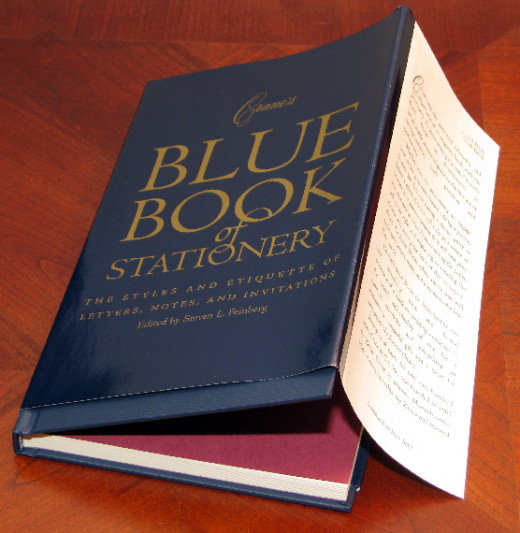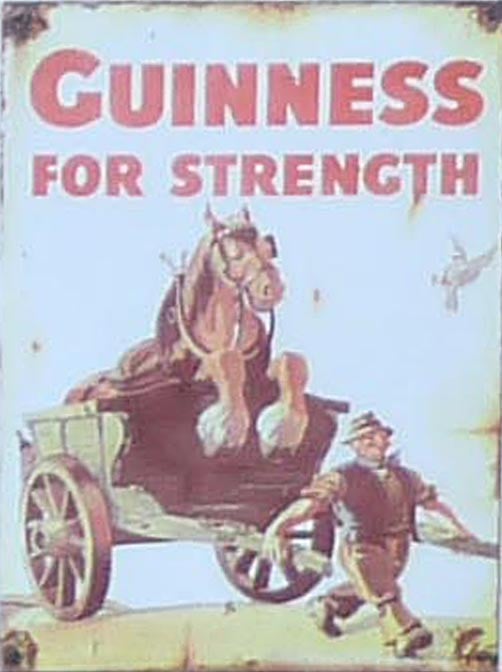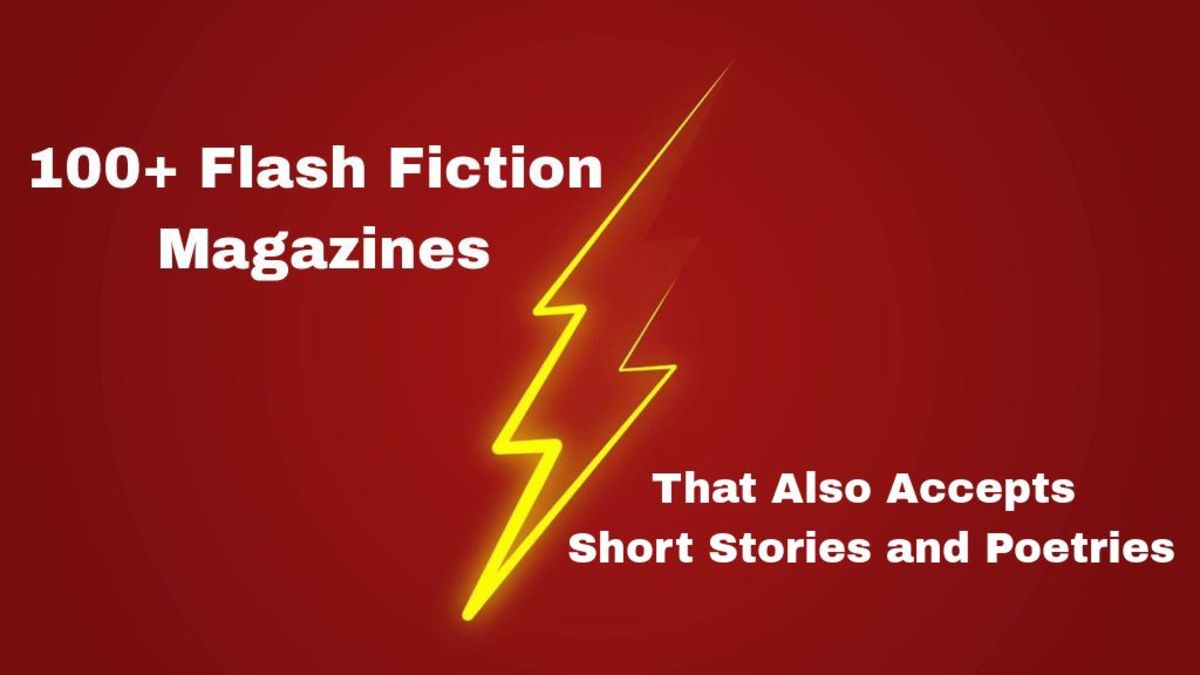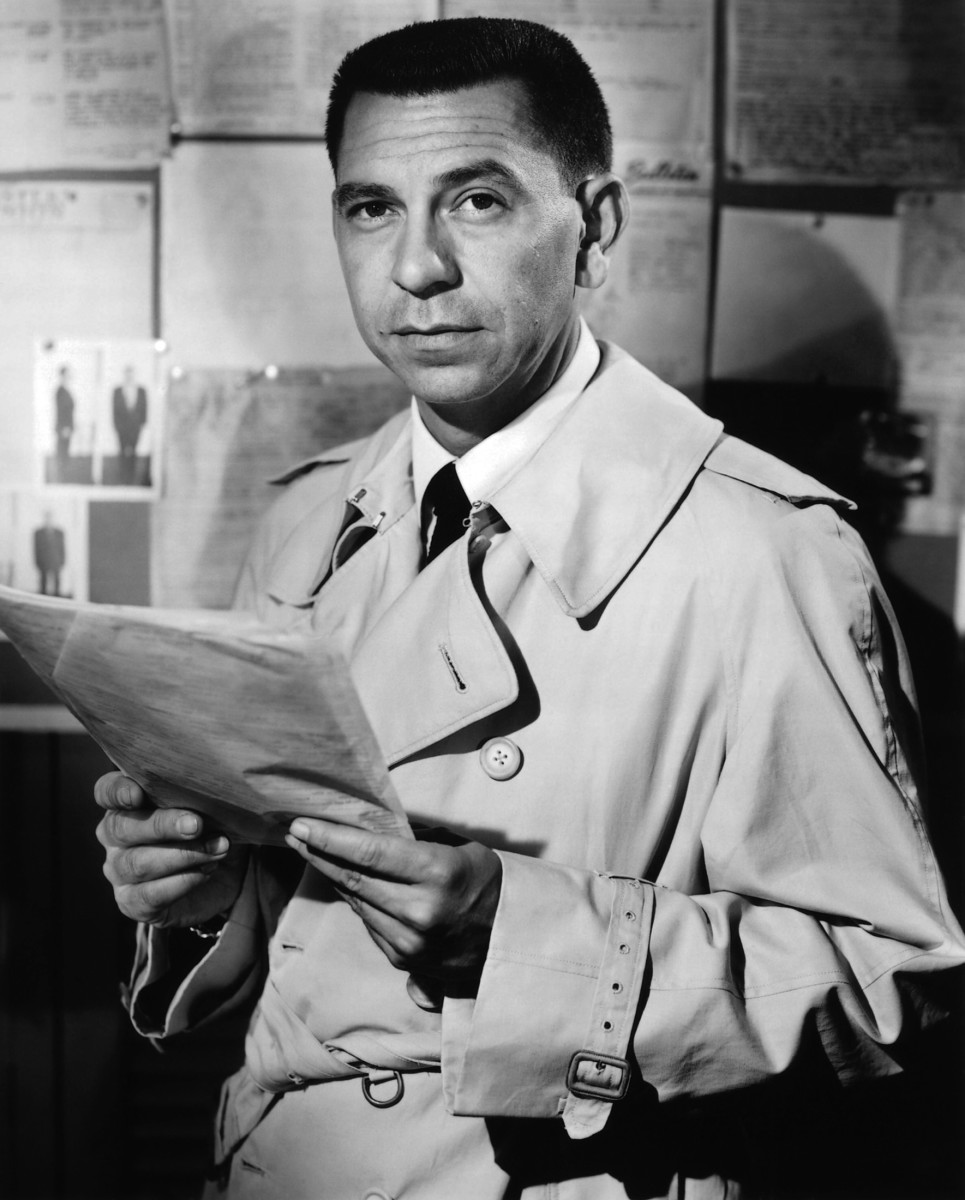What Flash Fiction Isn’t: Writing Tips for Short, Short Stories
Can you write a 100-word story? Can you write a six-word story? Much like the poetic forms of Haiku and Tanka, flash fiction stories are popular with many writers because they are short and seem simple to write. Also like Asian poetry, however, good flash fiction is far from simple. A good story, regardless of the number of words it contains, needs to have a beginning, a middle and an end. The story needs to flow well and carry its own weight. Flash fiction writers must give all the pertinent details without sharing unnecessary information. They must trust their readers, and they must make critical choices concerning where to let the readers’ imagination run wild and where to gently guide readers to a specific conclusion.

Flash Fiction Isn’t a Synopsis
Many writers new to flash fiction make the mistake of confusing flash fiction with a synopsis, but good flash fiction shouldn’t read like a book jacket. A short story, regardless of how short it is, will be a complete work. There may be questions left unanswered or a conflict that isn’t completely resolved, but the writer is responsible for creating an ending to the story. This is true of all works of fiction whether they are 600 words in length like an average flash fiction, six words in length like the famous short story credited to Hemingway, or a 60,000-word novel.

Quick Tips
- Each flash fiction story should stand alone.
- Flash fiction is more than a synopsis of a longer work.
- Short, short stories should emphasize action over description.
Flash Fiction Isn’t a Descriptive Narrative
Most students of composition or creative writing have heard the adage, “Don’t tell. Show.” On the surface this may seem like strange advice. After all, a writer’s job is to tell stories. What does it mean to show a story?
There are many aspects to showing instead of telling a story. Novel writers can get away with a limited amount of telling as can journalists. Flash fiction writers need to stick to showing. A story this short must come alive quickly. Action is essential. Description is not.
Lovers of detailed descriptions aren’t likely to fall in love with flash fiction. Good short, short stories need action, a fact that leaves little room for adjectives and adverbs. Writers who want to spend 600 words setting a scene or describing the physical appearance of a character should stick to writing novels. Writers who relish the challenge of painting a picture with colorful nouns and verbs will excel at writing flash fiction. To show a story to your readers, you need to find words that convey meaning quickly and directly. The best flash fiction stories use strong language that paints a vignette in vivid hues using only a few strokes.

Flash Fiction Isn’t “To Be Continued”
True flash fiction isn’t a story to be continued in the next installment. Remember, it has to have an end as well as a beginning and a middle. Some skilled writers create collections of loosely connected flashes, but these should be able to stand alone if they are truly flash fiction stories. Beginning flash fiction writers often fall into the trap of writing a series of short cliffhangers that can stand alone. Instead of honing their craft or learning the art of brevity, these writers are simply taking a different approach to novel writing.
Flash Fiction Isn’t All-Encompassing
Writers who want to explore the all the points and innuendoes of a particular subject may find themselves frustrated with the limitations of flash fiction. Likewise, readers who want all the answers served to them by the author will often be disappointed by extremely short stories, regardless of how well they are written. No flash fiction will answer every question it brings to the reader’s mind. Good flash fiction will, however, tell a complete story that engages the reader. For more tips on how to do this, check out my flash fiction writers guide here on HubPages.
Go with Your Strengths

Flash Fiction Is Universally Appealing
Technically, not all flash fiction will appeal to every reader, but flash fiction has the potential to be universal. In extremely short works, the things not said become as important as the things that are said.
Consider the six-word story commonly credited to Hemingway: “For sale. Baby shoes. Never worn.” The these six words contain all the elements of a complete story. There is a beginning, a middle, and an end. There is conflict and proposed resolution. The story captures the imagination of the reader. There is not, however, any detailed description of the shoes, the baby, the person selling the shoes or any other feature in the story. These are all effectively left to the reader’s imagination. The tragedy in the story would be no greater or less if the author chose to mention the race, ethnicity or age of the people selling the baby shoes. Instead of answering this question, the author chooses to keep the story universal so that the reader can superimpose his or her personal viewpoint or experience on it and thereby relate more closely to the story.
Like every creative writing outlet, there are things that flash fiction does well and other things that it doesn’t do well at all. When trying out a new form of creative writing, it’s important for a writer to understand the strengths and the limitations of that particular form. Once you understand these things, you will be more able to effectively compose quality, interesting works. If flash fiction is your current interest, keep in mind that often a short story is more difficult to write than a long one, but also remember that the process of composing an extremely short story can be fulfilling in a variety of different ways.






